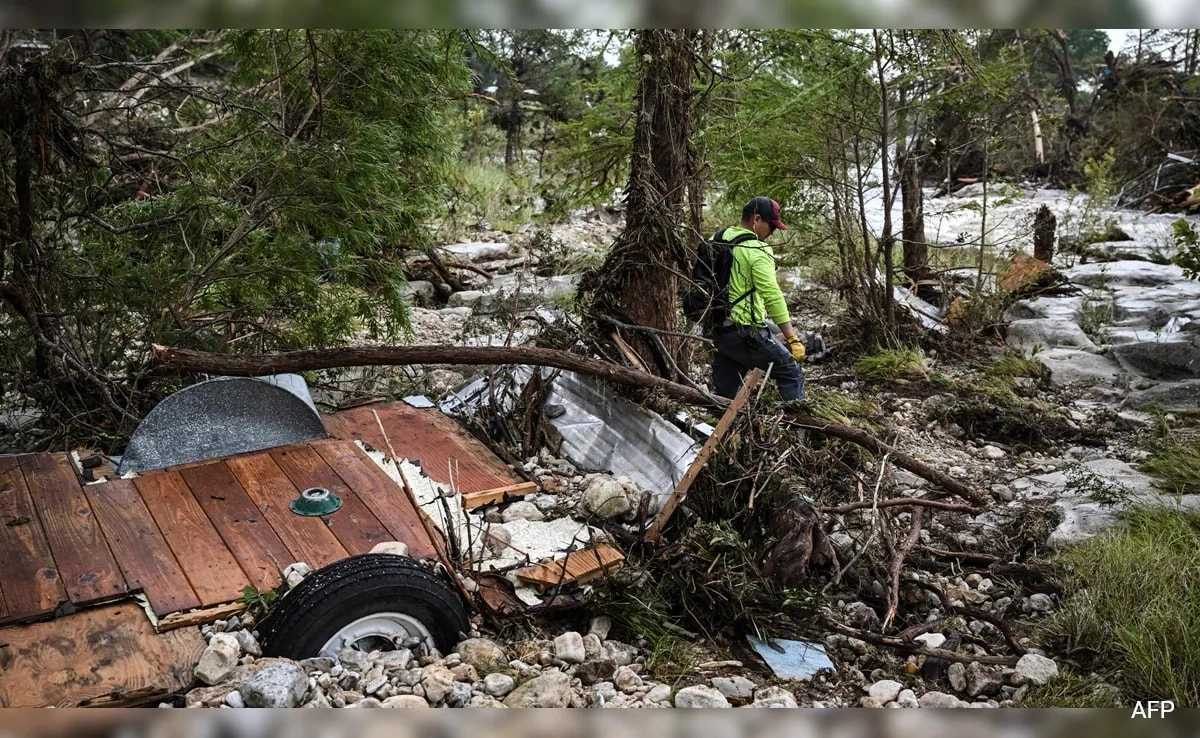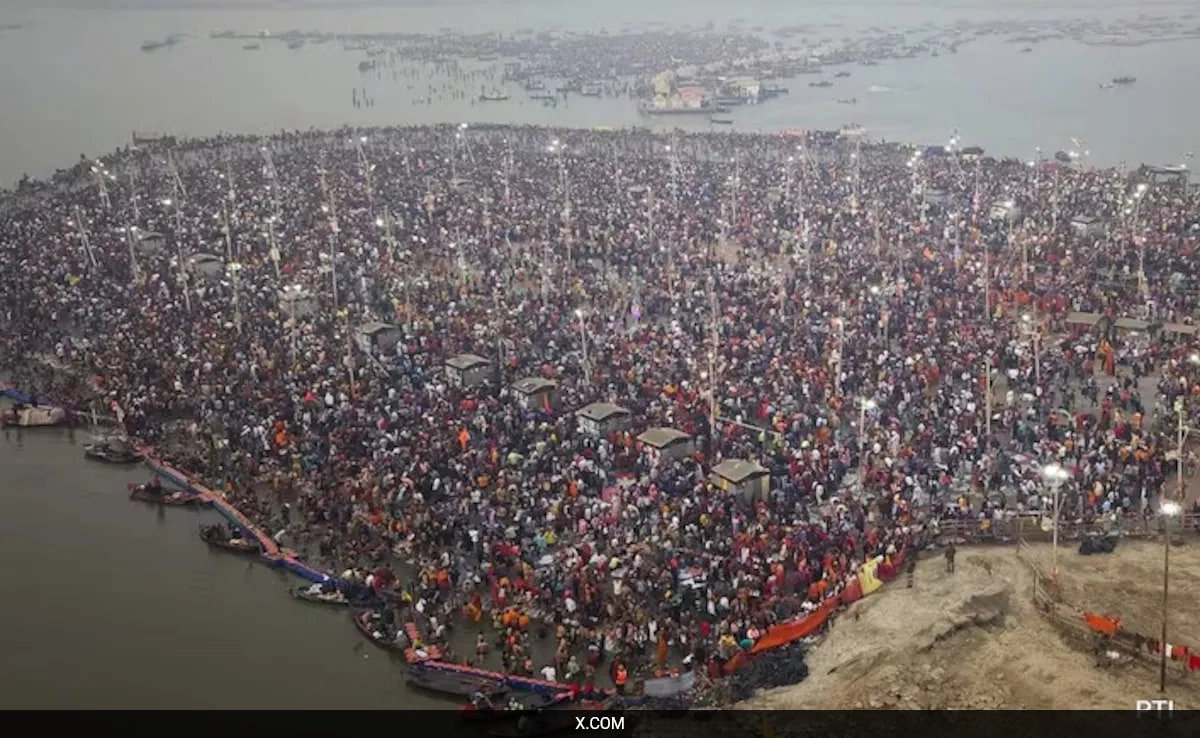In a recent statement, former President Donald Trump drew a controversial analogy regarding the ongoing conflict between Russia and Ukraine, likening the war to a schoolyard brawl among children. Trump suggested that, similar to kids who might engage in a physical tussle, the two nations should “fight for a while” before coming to terms with a resolution. This comparison raised eyebrows and sparked debates about the seriousness of the situation, as the war has resulted in significant loss of life, displacement of populations, and extensive destruction across Ukraine.
Trump’s remarks seem to encapsulate his often unorthodox approach to international relations, where he seeks to simplify complex geopolitical issues into more relatable concepts. While some supporters may find his analogy refreshing and straightforward, critics argue that it trivializes the serious nature of the conflict and undermines the suffering of those affected by the war. The war has severe humanitarian implications, and equating it to a children’s fight can be seen as dismissive.
Moreover, the suggestion that the two nations simply “fight it out” raises questions about the potential consequences of such an approach. The ongoing conflict has already escalated tensions in Europe and beyond, and any prolongation could lead to further destabilization in the region. Critics are concerned that Trump’s comments could inadvertently encourage aggression rather than diplomacy, as the international community continues to seek a peaceful resolution to the crisis.
As the war continues and the situation remains fluid, it is crucial for leaders to adopt a nuanced understanding of the complexities involved, rather than resorting to simplistic analogies. The conflict is not just a matter of two sides clashing; it involves intricate historical, cultural, and political factors that must be addressed to achieve lasting peace. In this context, Trump’s comments may serve to highlight the importance of dialogue and negotiation rather than conflict.




